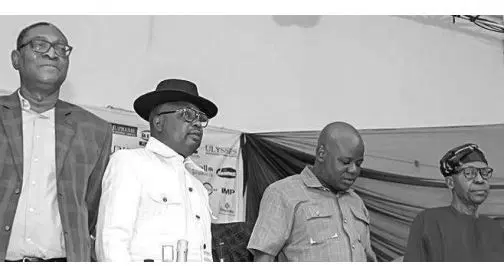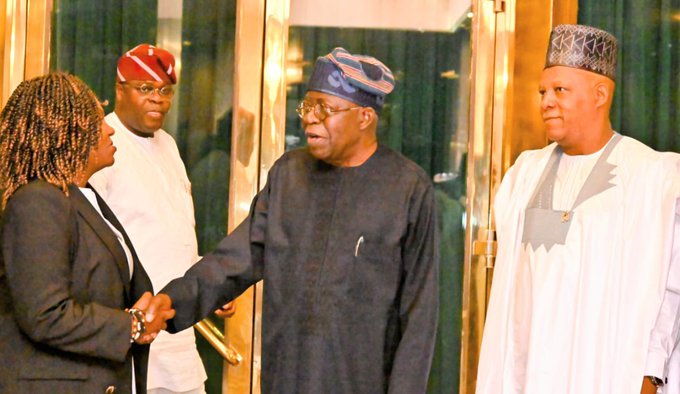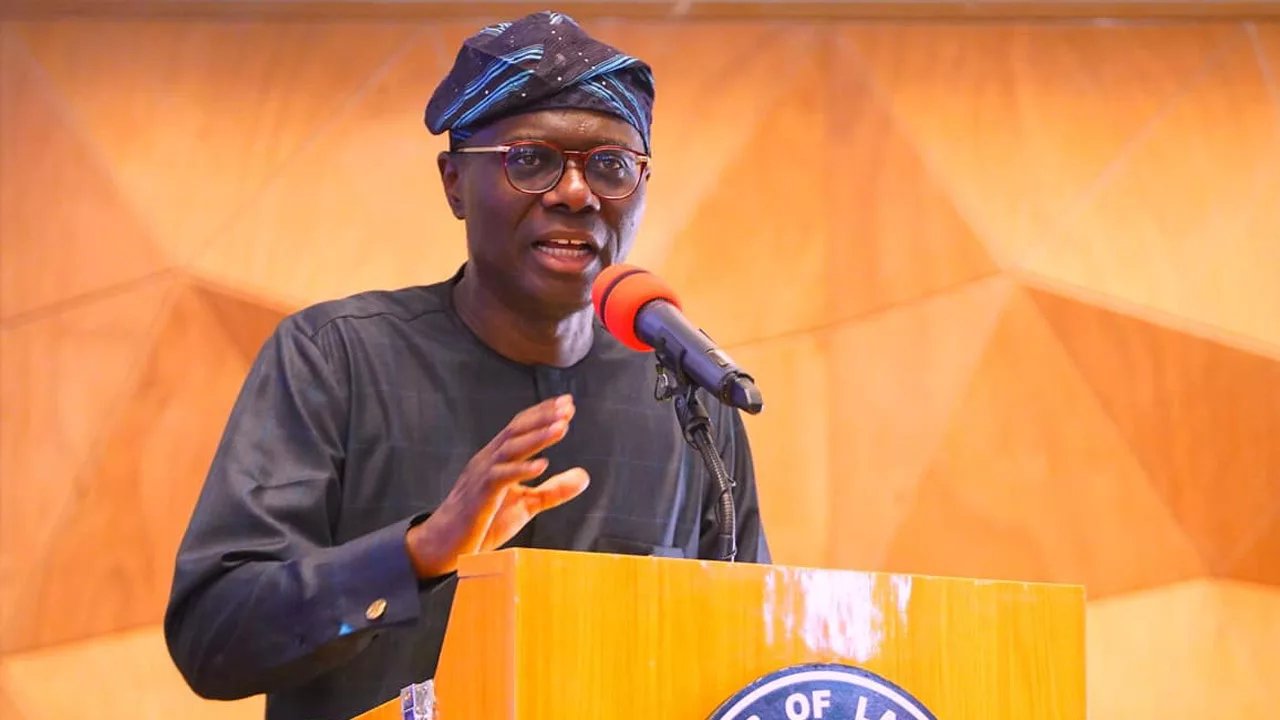At the 33rd Annual Industrial Relations Seminar of the National Union of Chemical, Footwear, Rubber, Leather and Non-Metallic Products Employees (NUCFRLANMPE), labour leaders raised alarm over the growing replacement of decent jobs with precarious employment, describing some factories as “slave camps” where workers are treated like prisoners.
The seminar, themed “Building Human Capacity for Enhancing Productivity and Personnel Welfare in the Midst of Economic Hardship”, held in Ilorin, Kwara State, and brought together leaders from NUCFRLANMPE, the National Union of Textile, Garment and Tailoring Workers of Nigeria (NUTGTWN), the Nigeria Civil Service Union (NCSU), and others.
Casualisation and Exploitation
NUCFRLANMPE President, Bolarinwa Sunday, lamented that casualisation, outsourcing, and contract staffing are now widespread strategies by employers seeking to cut costs at the expense of workers’ rights.
“Loss of employment due to redundancy is now a daily occurrence, while precarious work is replacing decent work,” he said. He stressed that Nigeria must strike a balance between productivity and workers’ welfare, and called for the review of obsolete and anti-labour laws, as well as stronger collective advocacy.
He further alleged that several companies along the Lagos–Sagamu–Ibadan axis, mostly owned by Chinese nationals, run “slave camp” factories where workers live under military and police control, with dissenters punished harshly.
Call for United Labour Front
NUTGTWN President, Peters Godonu, said the seminar was timely, noting that workers and their families are struggling with rising costs of living and job insecurity.
“A well-trained, empowered, and motivated workforce is the surest guarantee for enhanced productivity and sustainable growth. But productivity must go hand in hand with improved welfare and the dignity of labour,” he said.
NCSU General Secretary, Olowoyo Gbenga, added that both employers and employees are groaning under Nigeria’s economic hardship, calling on the federal government to provide relief measures, reduce taxes on raw materials, and create policies that incentivise job retention.
Employers and Government React
CANMPEF Executive Secretary, Femi Oke, stressed the need to build resilience and skills among workers, while still prioritising their welfare in the face of economic downturns.
Minister of Labour and Productivity, Mohammed Dingyadi, represented by Mr. Orodiran, assured unions of the federal government’s support for human capacity development, saying:
“By empowering members with relevant skills, you enable them to navigate today’s challenges and strengthen the economy.”
Similarly, Issa Aremu, Director-General of the Michael Imoudu National Institute for Labour Studies (MINILS), urged unions to push for a special education subsidy fund for workers, describing investment in human capacity as nation-building.




